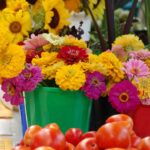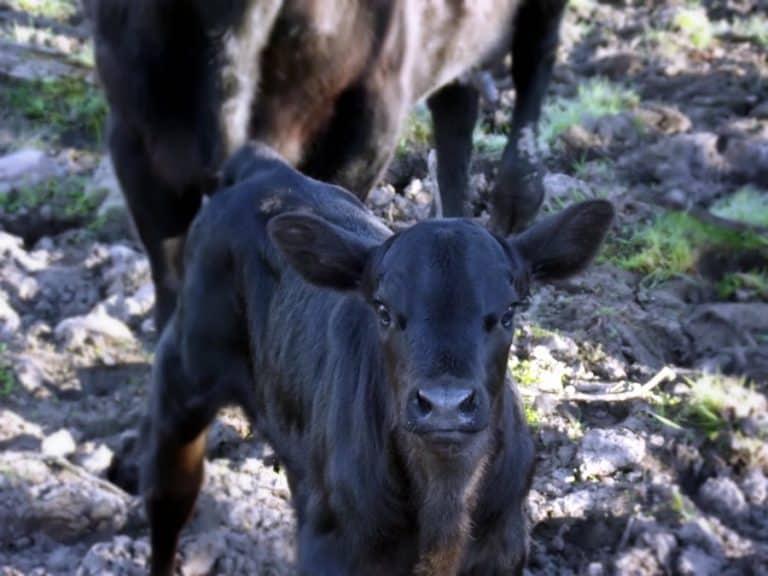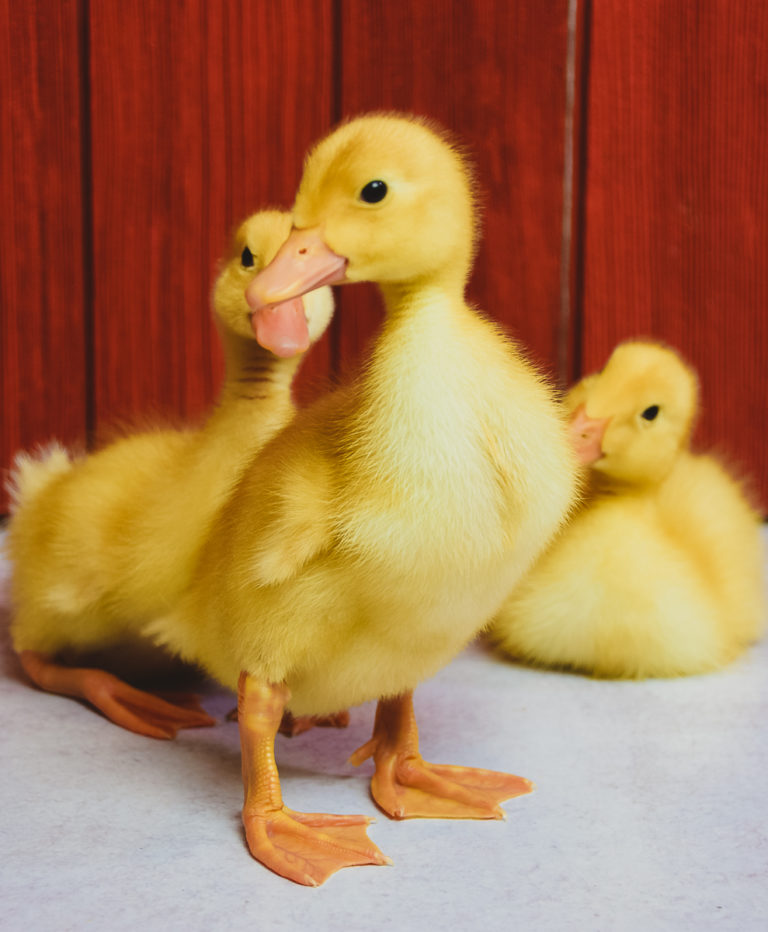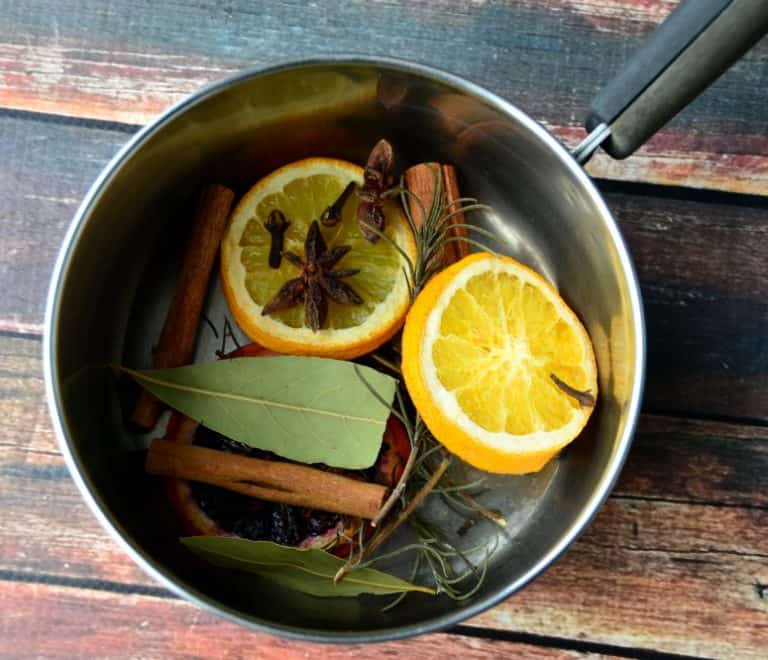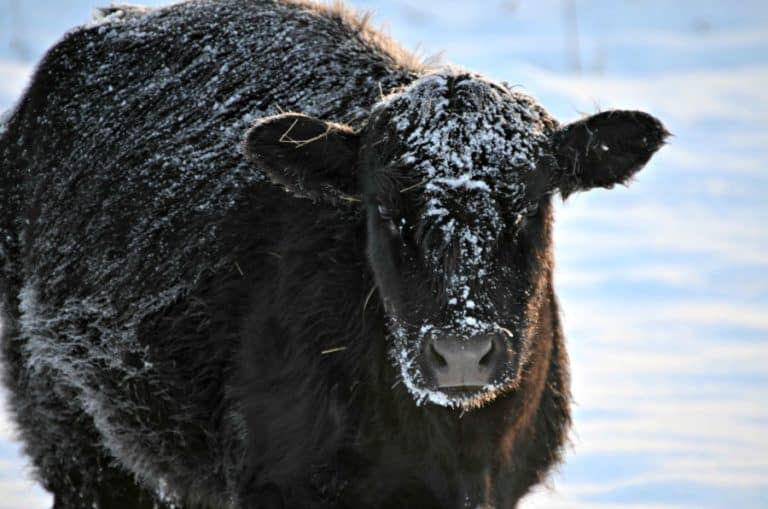Boosting Your Farm Market Sales with Value-Added Products
Discover the benefits of offering value-added products at your farm market, including handmade soaps, jams, baked goods, and fresh cut flower bouquets. Learn how these unique offerings can attract more customers and increase sales.
Farmer’s markets are a great way for local farmers to sell their fresh produce directly to consumers. But why settle for just selling fruits and vegetables when you can offer a wider range of value-added products? Offering handmade soaps, jams, and baked goods can attract more customers, increase sales, and help you stand out from the competition. Here’s a closer look at some popular value-added products and how they can help boost your farm market sales.
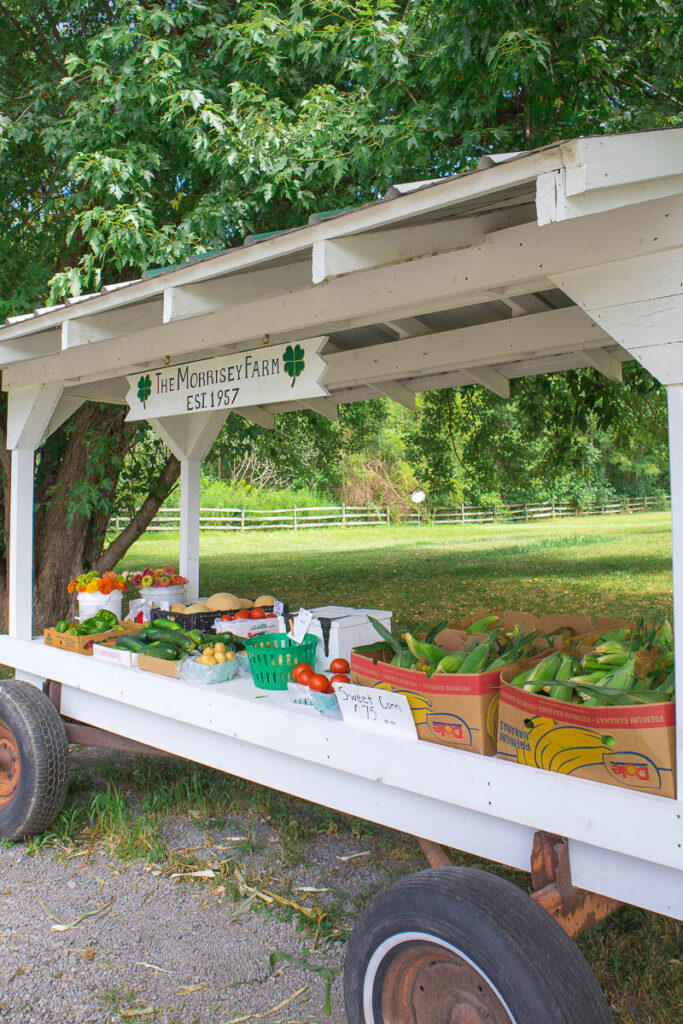
What is a Value Added Product?
A value-added product has undergone additional processing, modification, or improvement compared to its raw or basic form. This additional processing can include packaging, branding, or adding new features, ingredients, or components. For example, jams and jellies are made from fruits, while soaps and candles can be made from animal fats. By adding value to these products, farmers can diversify their offerings and increase the appeal of their farm market booth.
What are The Benefits of Offering Value-Added Products at Your Farm Stand?
The biggest benefit of offering value-added products is the potential for higher profits. Farmers can charge premium prices that dramatically increase their revenue by making and selling goods directly to customers. It also allows them to differentiate their farm stand from other markets by offering unique items that customers won’t find anywhere else.
In addition, value-added products can help build customer relationships and create a loyal customer base. Since these items are often more labor-intensive than selling fruits and vegetables alone, the individual attention and care that goes into making them can be appreciated by consumers, which builds trust and loyalty between farmers.
Selling Homemade and Home Canned Foods
Since we will be discussing selling homemade foods, it is important to address Cottage food laws. These laws refer to regulations governing the sale of certain foods with a very small risk of making people sick or hazardous.
These laws vary from state to state, but generally, they allow individuals to sell certain food items, such as baked goods, jams, and jellies, directly to consumers without needing a commercial kitchen. Understanding your state’s specific cottage food laws is crucial for farmers who want to sell value-added foods at their farm market.
By following these laws, you can ensure that your products are safe for consumption and that you’re operating within the bounds of the law. Additionally, cottage food laws can provide peace of mind, knowing that you’re doing everything by the book and can confidently sell your value-added products. So, before you start selling your handmade soaps, jams, and baked goods at the farm market, be sure to familiarize yourself with the cottage food laws in your state.
New York State Cottage Food Laws
You can create and sell some food products here in New York under the Cottage Food Law (NY Home Processor Exemption). The NY Home Processor Exemption allows low-risk food products to be produced and sold with reduced requirements. This allows farmers and local food entrepreneurs to sell their value-added products at farmers’ markets. Under this law, you can produce and sell products like jams and jellies, baked goods (without custard or cream fillings), dried herbs, spices, and more without needing to meet commercial kitchen requirements. To sell your products, you’ll need to register with the Department of Agriculture and Markets and obtain a food processor permit, it’s also a good idea to check into any local or county ordinances.
Four Great Value Added Products For a Farm Stand
The value added products I am going to be focusing on are popular amongst farmers and consumers, and are a great way for farmers to generate additional income by transforming their raw agricultural products into goods with higher value and market appeal.
Jams and Jellies
Jams and jellies are other popular value-added products that are easy to make and sell at farm markets. You can make jams and jellies using the fresh fruits you have on hand, such as strawberries, blueberries, or peaches. You can also experiment with different flavors by combining different fruits or adding spices. Jams and jellies are a great way to preserve the season’s bounty, and they can be used as spreads for bread, crackers, or as a topping for ice cream.
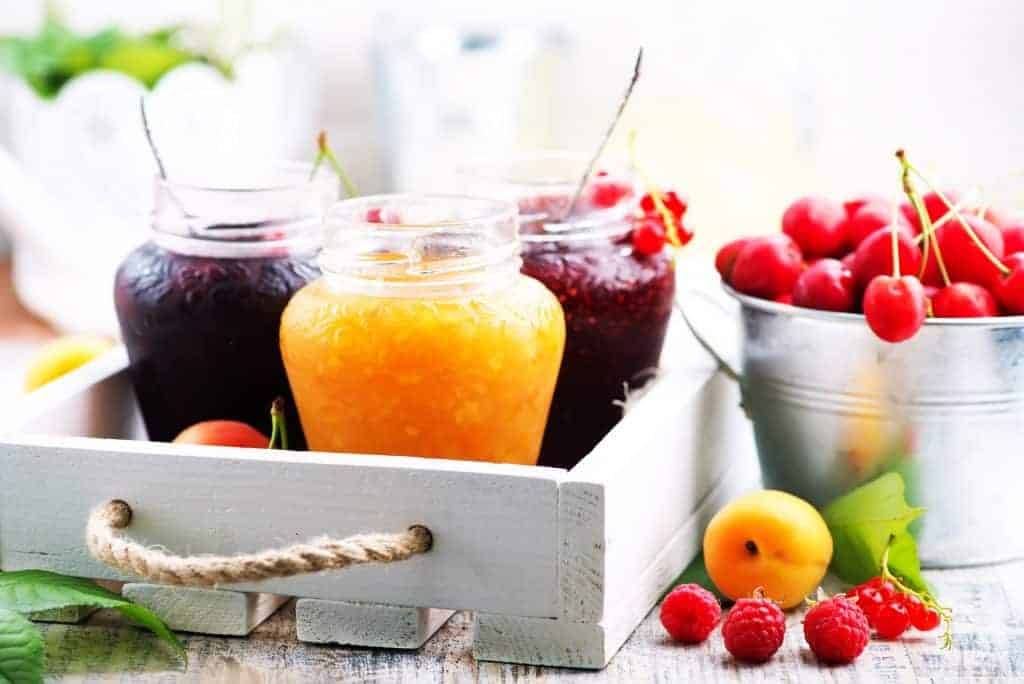
Baked Goods
Baked goods are a staple of any farmer’s market and for a good reason. People love freshly-baked bread, muffins, and pastries, which are always popular. You can use the fresh produce you have on hand, such as berries, to make delicious baked goods. For example, you can make blueberry muffins or strawberry shortcakes. You can also experiment with different recipes, such as savory loaves of bread, to offer customers a wider range of options.
Fresh Cut Flower Bouquets
Fresh-cut flower bouquets are another valuable addition to any farm market. Flowers add a pop of color and beauty to the market and make for a great gift or decoration for customers’ homes. You can grow various flowers on your farm, such as sunflowers, zinnias, and snapdragons, and sell them as pre-made bouquets or allow customers to create their custom bouquets by choosing their favorite blooms at a bouquet bar. Fresh-cut flower bouquets are visually appealing and can be an easy way to brighten up a room. Plus, with the rise of eco-conscious consumers, selling locally-grown, chemical-free flowers can be a selling point for customers looking for more sustainable options. By offering fresh-cut flower bouquets at your farm market, you can give customers an easy and beautiful way to take a little bit of the farm home with them.
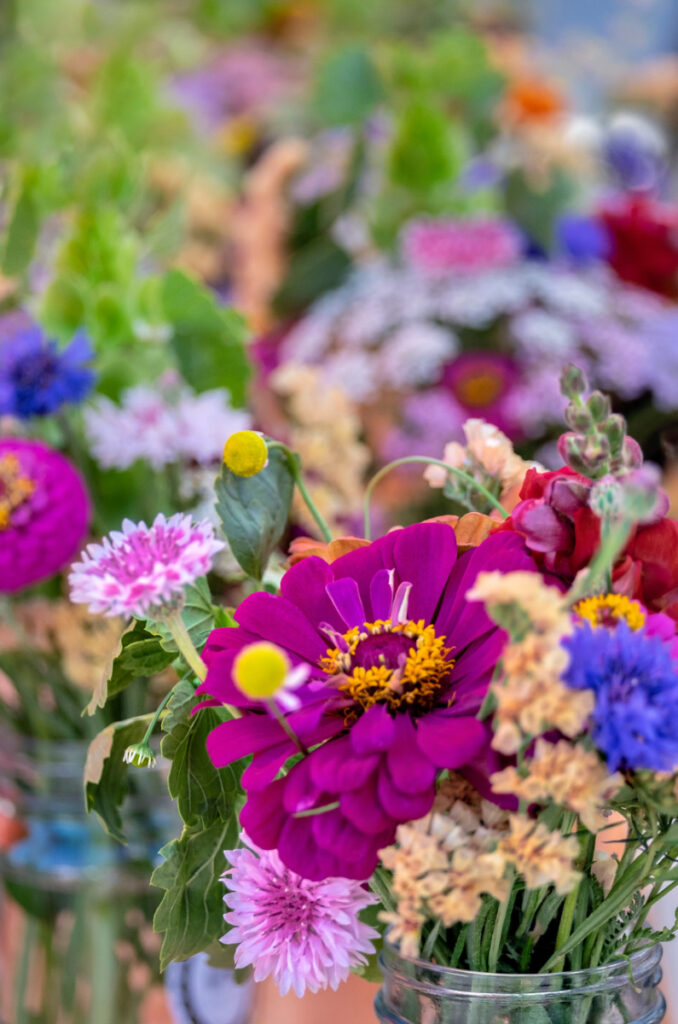
Handmade Soaps
Handmade soaps are a great value-added product for farm markets because they’re made from natural ingredients and are often free from harsh chemicals that can be found in many commercially-made soaps. I’ve found making cold process soaps can be scary at first, but is actually a fun, creative outlet. By making soaps using beef tallow, and lard from our animals on the farm I am able to turn an otherwise waste product into a usable product that customers love to buy for themselves and as gifts. You can also use herbs and dried flowers as additives. Not only are these soaps good for the skin, but they also make great gifts that are very popular with shoppers.
Offering value-added products like handmade soaps, jams, and baked goods at your farm market can boost sales and attract more customers. These products are easy to make and can be made from the fresh produce you already have. So why not try it and see what kind of customer response you get? You might be surprised how quickly these products become a staple of your farm market offerings.

